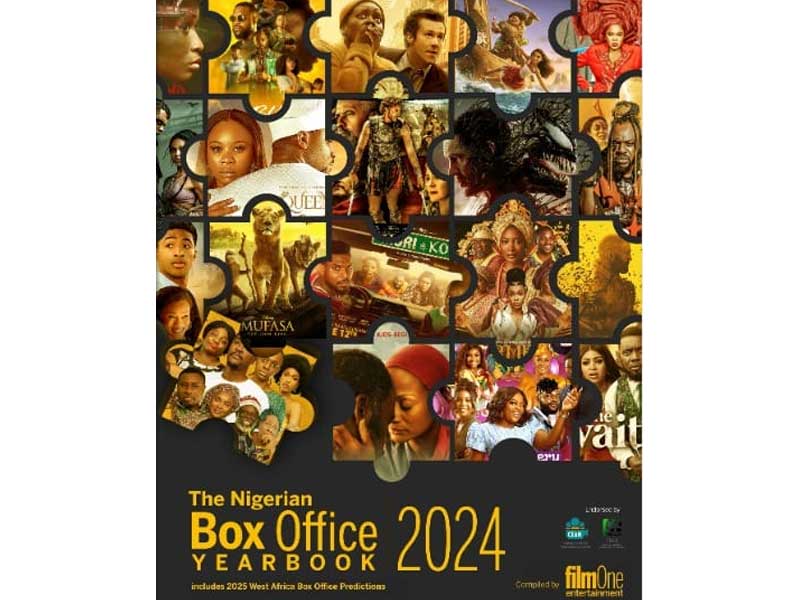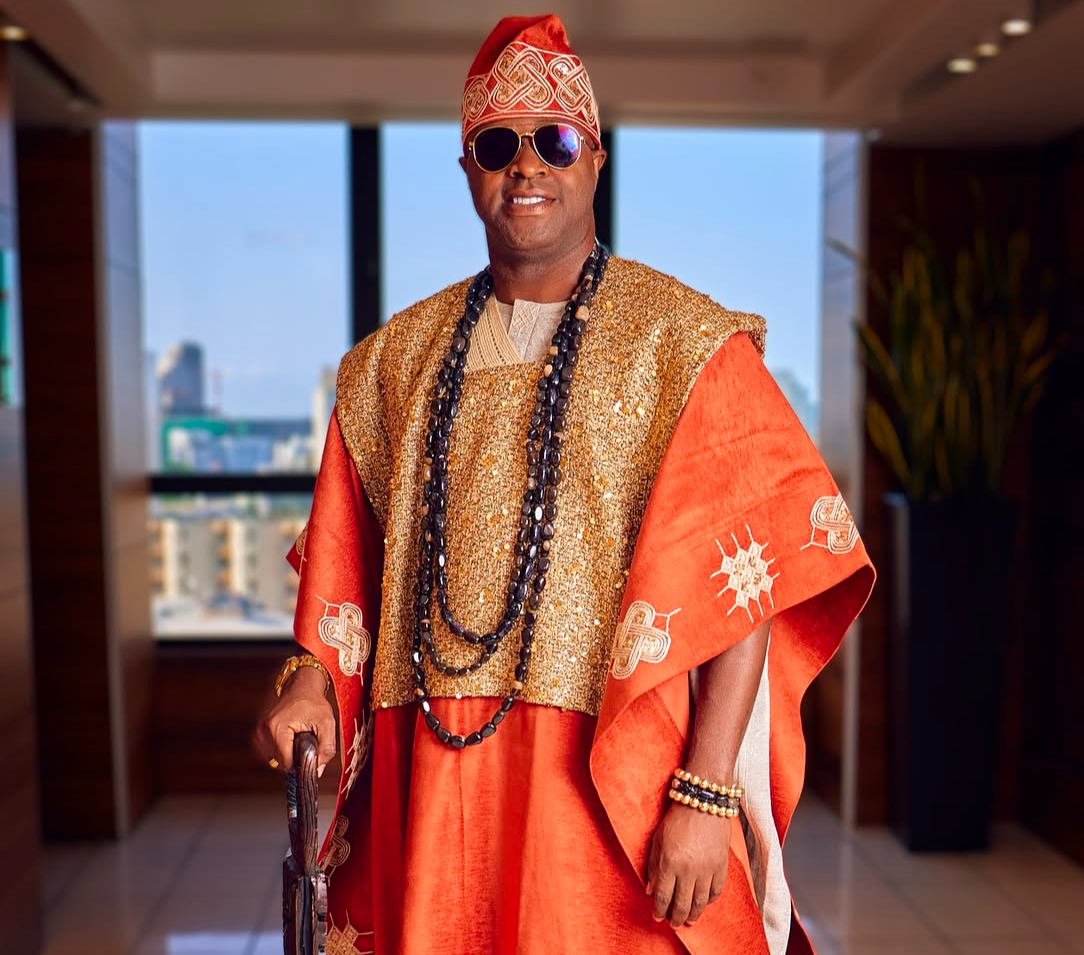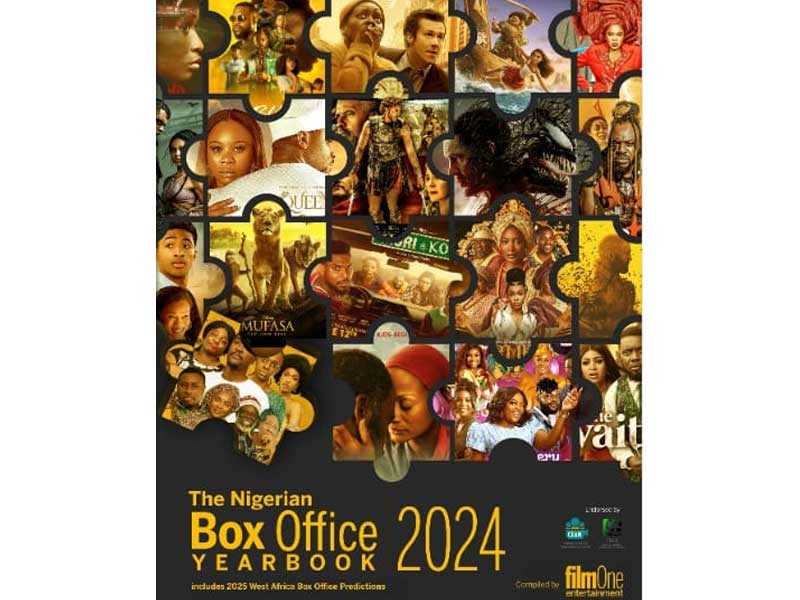The blunt truth is, Nollywood is richer, louder, and more visible than it’s ever been but we still argue about what actually brings people to cinemas or streams. The big question is, is it big names on the poster or a good story on the screen?
The short answer is that both matter. But they don’t matter equally, and leaning too hard on one over the other is becoming an expensive mistake. Let me walk you through what’s actually happening right now.
1) Box-office growth: the market is getting bigger and hungrier
First, the encouraging part is Nollywood is no longer a small backyard operation. The market is growing fast. Recent industry tallies show the local box office climbing into the billions of naira annually, with Nollywood titles taking roughly half of domestic box-office revenue in recent reporting. Films now regularly cross the ₦100 million mark, and a handful of big releases push much higher.
This means there’s money to be made. Audiences are willing to pay for cinema but they are choosy. They’re not blindly buying every film with a familiar face on the poster. They’re choosing films they think will be worth their time and money, even if it’s their fave actor’s face plastered on the poster.
2) Star power still moves the needle

To be honest, name recognition sells tickets. When a film is branded with a trusted actor or a celebrity producer, awareness rises and marketing gets traction. Stars open doors to interviews, Instagram promos, and viral chatter. If you’re launching a film with a modest promo budget, a recognisable cast is a shortcut to visibility.
The plot twist is, stars will bring people to try to see the film, but they don’t guarantee those people will stay talking about it. A big name can launch a weekend buts its storytelling and experience that drive the second weekend and the long tail of streaming, word-of-mouth, and repeat viewing.
For example, several star-led releases like Odunlade Adekola’s Lakatabu have opened strong but fizzled quickly because once viewers compared the experience to the ticket price, social media cooled. This shows that star power buys the opening week. Storytelling… or the lack of it, decides whether a film is a one-week wonder or a cultural hit.
3) Storytelling

Audiences are getting smarter. They call out weak scripts and recycled plotlines. Critics and viewers now regularly name “thin scripts” as the reason they won’t recommend a movie. That’s because storytelling is what makes a film live beyond the cinema. It fuels word-of-mouth, streaming traction, awards chances and international interest.
The market shows that films with strong writing, especially those rooted in local culture or that offer fresh angles, outperform expectations. Local-language epics and culturally grounded stories have seen surprising box-office legs recently. When story and craft meet a loyal audience, the payoff can be substantial and sustainable, just like Funke Akindele’s movies.
4) Production quality & marketing

If script is the backbone, production is the skin. Good cinematography, sound design, editing and production values are no longer optional details, they affect whether audiences recommend a film to friends. Poor sound, bad lighting, and sloppy editing will make viewers spend more time complaining than praising.
Equally important is marketing and distribution. A great film that nobody knows about dies quietly. Timing matters, and top filmmakers have keyed into this. Festive windows, coordinated premieres, and cinema footprint all shape the box-office outcome. Filmmakers who combine a strong cast with smart release strategies and professional PR tend to win.
5) The backlash against over-reliance on stars
There’s a growing online chorus saying the industry is lazy due to the use of same faces, same plot, etc. Fans complain about recycled casting, seeing the same actors in low-effort stories that look like cash grabs. That criticism is real and painful because it matters for long-term audience trust.
When audiences feel producers are trading name recognition for craftsmanship, they get tired stop giving films the benefit of the doubt. So once a movie by same filmmaker comes up, a streamer would skip, judging by earlier releases.
6) When star & story work vs when they don’t

When stars and storyline are superb and work together, it’s been shown to payoff. Films that married cultural relevance, sharp writing and strong names performed well at the box office and lingered in conversation. Those successes prove the producer cast wisely, yet didn’t let the script be an afterthought.
For when it doesn’t work, it seems the films leaned almost entirely on cast. From splashy posters, heavy influencer pushes etc and ended up offering thin plots and poor production. They get opening buzz because of the starts used and then it immediately fizzled out. Fans called these “waste of data” films.
7) Why scripts still struggle

Why does storytelling lag? There are multiple, solvable reasons as to why this is. Some are:
• Script development time & pay: writers are often squeezed by budgets and timelines, limiting rewrites and professional script development.
• Budget constraints: spectacular ideas need resources. Tight budgets limit creative choices.
• Distribution fragmentation: hesitation from marketers to back unproven stories reduces risk appetite among producers.
8) The way forward

If you want a one-line strategy for the modern Nollywood market, it’s this: use star power to attract the crowd and storytelling to convert them into advocates. The films that win are those that combine recognizable talent with tightly written scripts, high production values and smart marketing.
Filmmakers in this category invest in script development. They pay writers and give them time.
They also cast for chemistry and fit, not just fame. A star who serves the story is worth more than a star who overshadows it.
Filmmakers who know their onions treat production craft as an investment, not a cost. Sound, editing and cinematography are invisible salespeople.
They plan marketing early and smartly by building anticipation, using digital influencers back to back, and dropping releases in the right windows.
Lastly, these filmmakers support local language and culturally rooted stories. They know this kind of films often have built-in audiences who are hungry for authentic narratives.
Conclusion

Nollywood’s boom means audiences have choice. With choice comes accountability. Stars will always be valuable because they bring visibility and a weekend launch. However, storytelling is the differentiator that decides whether a film has legs, earns awards, gets picked up by streamers, or becomes part of the culture.
If the industry leans on the same old formula, those opening-week seats will still sell, but only for a while. In the end, the long game belongs to films that respect the craft of storytelling and back it with production and marketing muscle.














